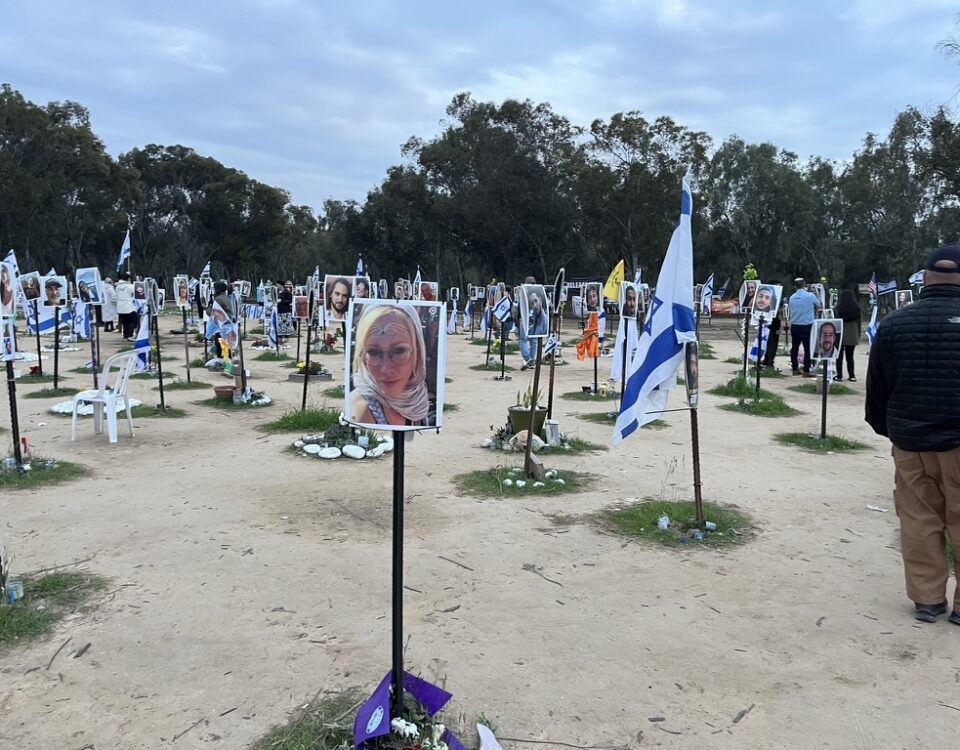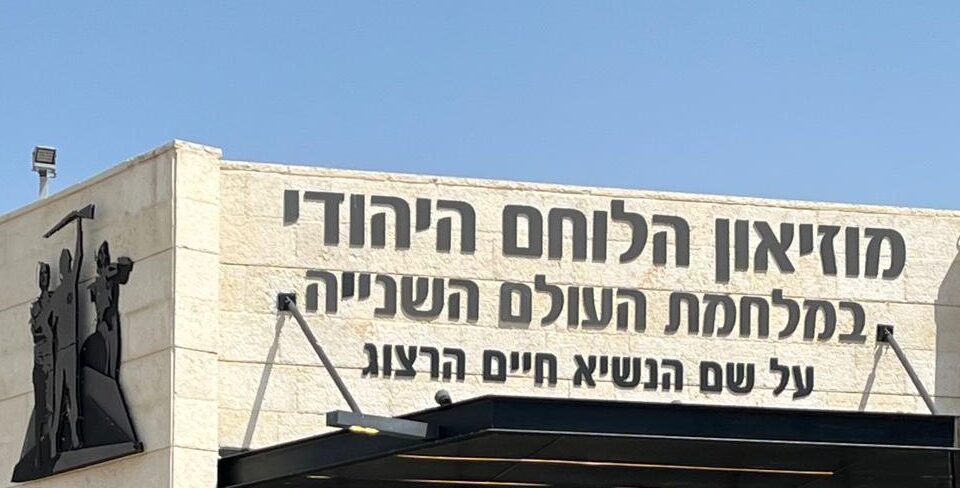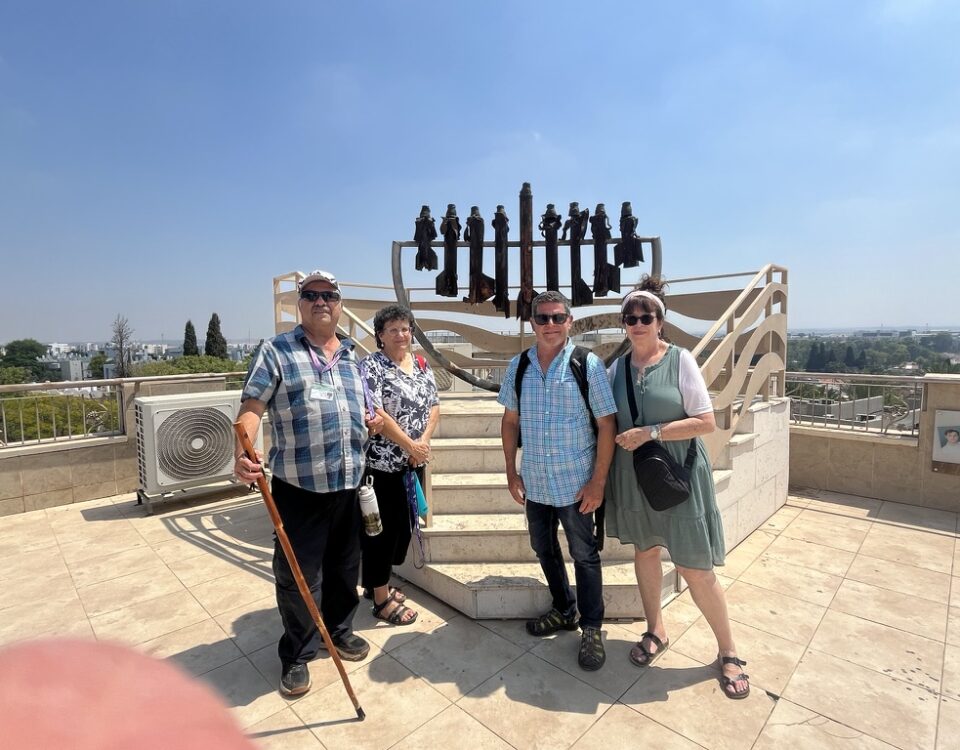The Loss of a Friend

Calling All Tourists!!
26 בJuly 2020
Forced unpaid vacation by..The Plague
31 בAugust 2020
How does one mourn the loss of a friend?
It has been a week since Izzie Lieber, my friend and mentor of nearly 50 years has passed. I’m having quite a difficult time getting past this. Knowing someone for such a long time and keeping weekly personal contact with him and his family to this day makes the loss very difficult and painful.
In Judaism, the family has various rituals after the burial. The most well known is that they sit “shiva” for seven days. The word “shiva” actually means seven. The family usually sits at home together (where possible). Friends and relatives all come to their house and try to comfort them. We tell stories, share memories, pictures, and more. As the shiva goes on, it sometimes seems like the family ends up comforting those who came to comfort them. Either way, it’s a great method for processing the loss of a loved one.
But what about the rest of us? How do we process the loss of a friend?
We try to process with words. Facebook, the new medium of communication was somewhat helpful. After putting my notice regarding his passing “out there” into Facebook land, I received many replies. All were designed to comfort me, or at least register some type of anguish. The most common replies or comments that I received were ” Sorry for your loss”, followed by “condolences”.
I’m sure the family received many of the same replies to their notices as well.
Religiously in Judaism, we also have various expressions. Upon hearing of someone’s death, we say ” Baruch Dayan Haemet”, which loosely translates to Blessed be the Judge of Truth. It’s the Jewish, religious way of accepting death. When we visit the house of the mourner during the Shiva, there are two common religious expressions. “Min Hashamayim Tenuchamu”-May the heavens comfort you”. Also, “Hamakom Yenachem Etchem..” may God comfort you amongst the mourners of Zion and Israel. The main idea in both expressions is that the mourner should be comforted.
As the days have passed, the above expressions of “condolences ” and ” sorry for your loss” have begun to bother me. Although they were sent with the best of intentions and feelings, these words really don’t cut it. These words are just standard expressions and that’s what they feel like. I know it’s hard for all of us to deal with death. We really don’t know what to say or how to respond. At least, not in English.
So I would like to turn to Hebrew; Ivrit. After all, Hebrew is the language of the Bible, and one of the oldest languages known to man.
Here in Israel the most common expression to ones’ loss due to a death, is “Ani Mishtatef Betzaarcha”; which means “I share in your sorrow”, or “I share in your pain”.
These words give out a personal message. You understand the pain I am going through, and you feel it with me. These words tell me that you are connecting to me, my feelings, and my loss. These words, like the religious expressions mentioned above, register comfort.
I’m still looking for ways to process my friend’s death. These words will definitely help.



